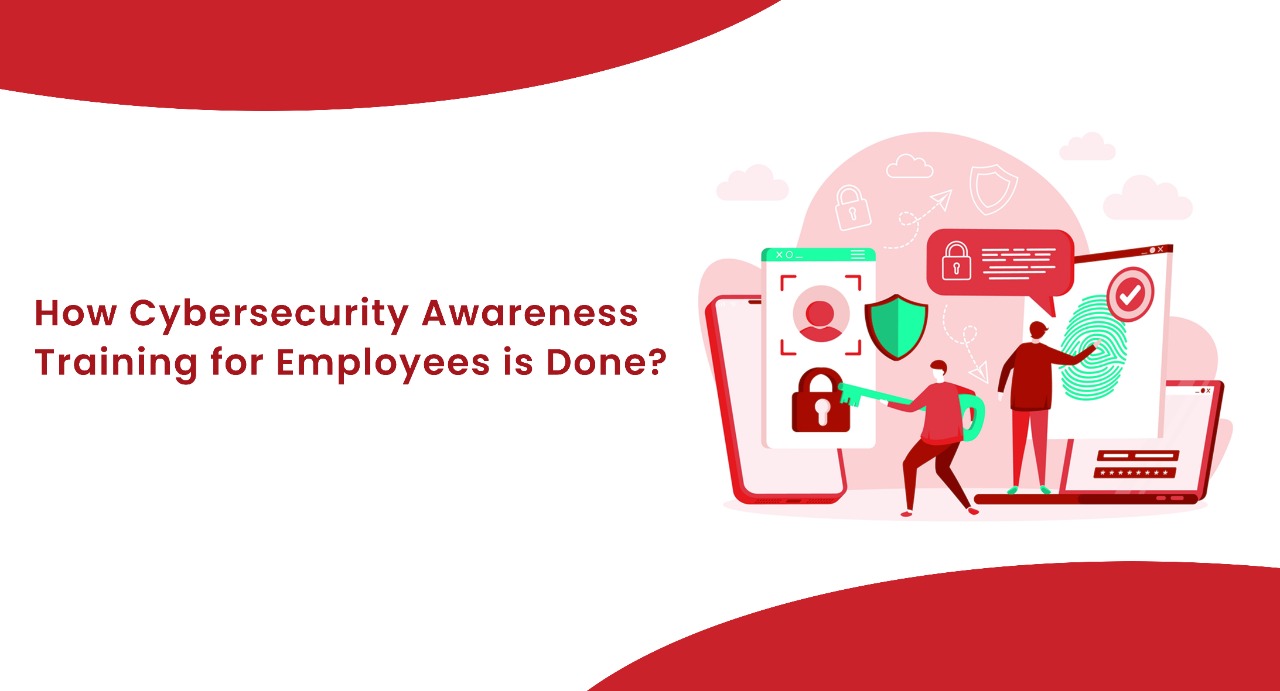Every organization needs to conduct cybersecurity awareness training for employees, which is done in three categorical steps. These steps contain a comprehensive mechanism to deliver knowledge and learning about cybersecurity.
Step 1: Cybersecurity Simulation
The technical aspect of cybersecurity simulation is to replicate the complete IT setup of the organization and conduct an evaluation of its response to a simulated cyber attack. It is an essential element of comprehending the level of vulnerability in an organization. The vulnerabilities will be considered to customize learning management systems. Then, we will use this info to deliver the main educational content.
The cybersecurity simulation is meant to comprehend the strength of an organization’s defenses and explore the vulnerabilities at an employee’s level. The simulation explores the real-world threat and how the employees will respond. This will help the learning management system tool prepare the key ingredients for knowledge sessions for employees.
Step 2: Knowledge Session
In this step, the LMS tool delivers all the necessary and comprehensive sets of information to employees. This set of information can be documents, notes, interactive videos, gifs, etc. The knowledge session is meant to educate employees and, at the same time, improve their understanding through constant quizzes and exploratory questions.
The knowledge session is divided into a categorical form that presents the knowledge in the form of interactive games and practical tools to prevent cyber attacks. The main deliverable of the knowledge session is to enhance the ability of employees to repel cyber attacks and become vigilant in identifying every kind of social engineering attack.
Step 3: Interactive Assessment and Analysis
This step is the most important part of cybersecurity awareness training. In this step, the LMS tool will evaluate the employees through quizzes and assessments. These assessments will showcase the level of knowledge of the employees and pinpoint where they are lacking.
All of the results are then analyzed to find loopholes and provide the reformatory mechanism to conduct a periodic cycle of cybersecurity awareness training for employees. The analysis will be presented to the senior management of the organization so that they can know the status of their employees.
Impact of Cybersecurity Awareness Training
When cybersecurity awareness training of employees is conducted properly, then there are some expected outcomes of the training. They are mentioned below.
Increased Vigilance: A complete cybersecurity awareness training instils confidence among the employees to repel cyber attacks. An increase in employees’ vigilance is extremely important for preventing people-based cyber attacks.
Strong Defense: Organizations invest a good amount of money in securing cyber infrastructure with firewalls and antivirus. But this defense is only up to machine level. Employees’ cybersecurity awareness training will increase the defense to an unprecedented level. This training will prevent attacks from occurring due to human error and unawareness.
Regulatory Compliance: Nowadays, many governments and international organizations have developed a certain level of regulatory standards, which itself describes the organizations’ abilities to prevent cyber attacks. Thus, every organization needs to carry out security awareness training to make sure that they are up to the mark in accordance with international standards.
ThreatCop Security Awareness Training (TSAT)
Every organization needs to train its employees so that they can become aware and vigilant. But for many organizations, there is always a concern about seeking appropriate tools or products that could provide them with comprehensive and overall training.
ThreatCop Security Awareness Training (TSAT) is an exceptional tool that comes with a cybersecurity simulation feature and an advanced LMS (learning management system). The other notable features of TSAT are:
- Analyzing the organization’s cybersecurity health
- Simulate six main types of human-based cyber attacks
- Extensive employee assessment
- Educate employees on every aspect of cybersecurity they should know
- Regular monitoring and analysis of results.


